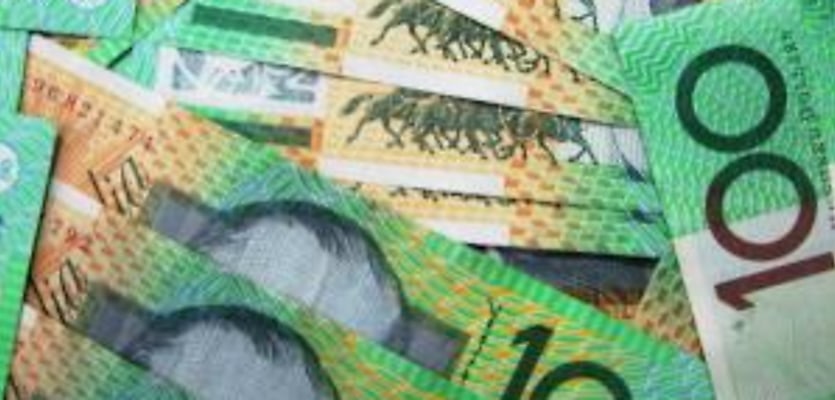Residential property investment through self-managed super funds is driving residential property prices up, according to Reserve Bank of Australia deputy governor Philip Lowe.
Mr Lowe believes the low level of interest rates currently offered has made investment in residential property attractive, but has driven property prices up by 10 per cent nationwide over the past year, with Sydney experiencing price increases of nearly 13 per cent.
Speaking at the Commonwealth Bank of Australia’s annual Australasian Fixed Income Conference, Mr Lowe said the welcome development news behind such investment is that the increased demand for existing housing assets is translating into increased demand for new housing construction.
“Investment in residential construction has increased by nine per cent over the past year and further increases are expected,” Mr Lowe said.
“The area that has attracted most attention is the very strong demand by investors to buy housing for the purposes of renting. Currently, loan approvals to investors buying properties to rent out account for nearly 45 per cent of total loan approvals, with most of the investment properties being existing properties.
“Perhaps not surprisingly, the biggest increases in housing prices have occurred in the city, where investor demand has been strongest – namely Sydney.”
President of the Real Estate Institute of New South Wales (REINSW) Malcolm Gunning said the high market demand for investment properties is what’s underpinning the economy, adding for the last two years the government and the Reserve Bank have encouraged such investment in property to ease the pull back by the mining industry.
“Investment in property yields a lot of federal and state government taxes. For example, last year NSW had a billion-dollar windfall on property taxes… Imagine the amount of extra GST from the construction industry around Sydney and Melbourne,” Mr Gunning said.
“If the Reserve Bank is concerned about investors then it needs to lean on the banks with their loan-to-value ratio and stop allowing deposits of five per cent, because it should be more.
“People coming into the market for short-term capital gain won’t get it and self-managed super funds can put in 20-25 per cent of a deposit, which is why the vacancy rates in Sydney have fallen by 0.3 per cent and interest rates can go up and these people will still have a good rental return.”
Mr Gunning hinted that the Reserve Bank should not hold the Australian public "to ransom" by using interest rates to curb high property prices.










You are not authorised to post comments.
Comments will undergo moderation before they get published.